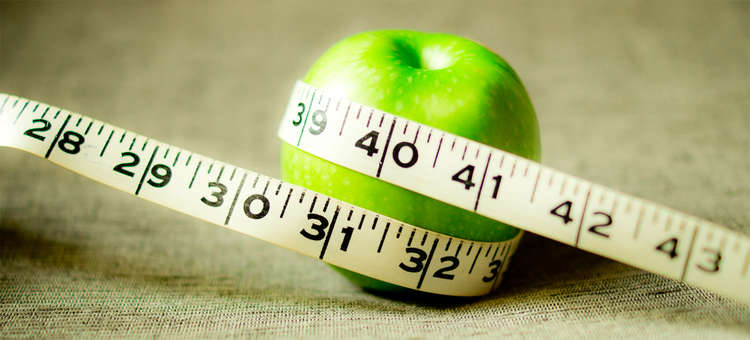If you, like me, love food then you must be getting really annoyed when nutritionists and dieticians are instructing you to live on celery sticks or baby carrots as a way to help control your appetite and lose weight (really?!).
For all the food lovers out there, we have 7 alternative ways to help control your cravings, without feeling deprived!
Limit Alcohol
Alcoholic drinks are like liquified doughnuts! Alcohol not only adds extra calories, but also inhibits leptin, a hormone which tells your body to stop eating.
It also causes blood sugar levels to drop, which can stimulate your appetite. And if you top it off with the usual high-calorie and high-sodium snacks, that most of us enjoy eating when drinking… then it may be better to eat that doughnut in the first place!
Try some good, lower-calorie drink options: red or white wine, wine spritzers and drinks made with seltzer or club soda.
The Right Ambience
Turn down the lights and put on some soft music.. Your senses will be activated and will help you relax immediately; consequently your appetite for food consumption will be reduced. Bright lights, loud noises and yellow and red colors create a hectic atmosphere that may cause individuals to eat quickly. So slow it down and play a little soft jazz at dinner-time!
Turn off the TV
The less distracting the surrounding environment, the more focused you will be on you food and less likely to mindlessly eat. A study published in the American Journal of Clinical Nutrition showed that when people listened to a detective story, whilst eating, they ate 13 per cent more calories than they did without any distractions.
Is it really hunger?
Don’t confuse thirst with hunger. After a long, hard day your brain and body sends several signals to let you know you’re hungry; you may feel weak or your stomach might feel hollow. Being thirsty might demonstrate the same kind of reaction. That’s because hunger and thirst signals are controlled by the same part of your brain.
Dehydration causes you to believe you need to eat when you really need to simply drink. So, next time you feel hungry, drink first a glass of water, just in case your mind wants you to quench your thirst, not fill your stomach.
Sleep
Sleep deprivation not only increases hunger levels but also lowers metabolism. Lack of sleep leads to an increase in the hormone ghrelin (which instructs the body to eat more) and a decrease in the hormone leptin (which tells your body to stop eating). Also a drop in leptin can signal the body to slow down its metabolic functions.
So if you get less than a 7-8 hours of good sleep you are more likely to feel hungrier than usual and crave for salty and sweet food.
Stress-proof your eating
When you feel tense, stress eating or emotional eating is triggered as an automatic neural response. You long for comfort food such as candy, ice cream, brownies, pizza and the list goes on.. One reason is psychological and goes back to your childhood, when you were given an ice cream as a treat if you had a bad day at school..
Another reason is organic. When stressed, your body releases cortisol, a hormone that may trick your body into thinking that has done something active in response to a perceived threat and therefore needs to send a signal to your brain to refuel your body.
So when stressful thoughts or events trigger the urge to eat, take a step back and ask yourself what is really happening. Are you really really hungry? When was the last time you ate? Rate your hunger from 1 to 10 and stay away from the cookies jar!


